“When you have an intestinal blockage, you’ll know.” That was the response my surgeon gave me right after stoma surgery, when I asked him what a blockage felt like and if I had to be concerned. It wasn’t a very specific answer, but he was very right.
Allow me to elaborate a bit on my surgeon’s answer. Or click the button below to watch my video on how to help clear an intestinal blockage:
What is an intestinal blockage?
A blockage, also known as a bowel obstruction, is when the bowel becomes obstructed and the passing of some or all intestinal output is prevented.
What causes an intestinal blockage?
A blockage is usually caused by food, inflammation, intestinal twisting or adhesions (scar tissue).
How can I prevent an intestinal blockage?
Some tips to prevent a food-induced blockage are to always stay hydrated, chew well, drink a lot of fluids after meals, and avoid hard-to-digest foods (like corn and mushrooms).
What are the symptoms of an intestinal blockage?
- Very small amounts or a complete lack of output
- Abdominal pain
- Nausea
- Vomiting
- Abdominal swelling
- Swollen stoma
What can I do if I have an intestinal blockage?
Some lesser blockages can be resolved with home remedies, but always call your doctor first for instructions. If you cannot reach your doctor, go to the emergency room.
Sometimes your doctor will advise you to try to pass the blockage at home first. Some ways you can treat a blockage at home are:
- Walking aids in digestion.
- Drink a lot of fluids, including grape juice and hot tea. Carbonated beverages can also help.
- Take a hot bath or use a heating pad on your abdomen. This will relax your muscles and sometimes allows the blockage to pass.
- Gently massage around your stoma to encourage the blockage to work its way out.
- Check to see if your stoma is swollen. If it is, replace your pouching system and cut a bigger hole in your wafer.
- Try different positions, like lying on your side, or putting your bottom up in the air and your head on your forearms.
- If you get blockages a lot, your doctor may send you home with a sterile rubber catheter to self-catheterize your stoma. Only do so if you are directed by a doctor.
- If none of these treatments resolve your blockage, call your doctor back and wait for further instructions.
What can I expect when I get to the hospital?
The types of treatments and procedures you may (or may not) experience are:
- NPO (Nil per os) – this means you are not allowed to eat or drink anything. This is because you cannot pass any food or beverage consumed. NPO is used to try to prevent too much vomiting.
- Fluids – you will be given fluids via IV to hydrate you.
- NG Tube – Nasogastric tubes are used to relieve pressure in the abdomen and prevent vomiting.
- Catheter insertion into the stoma- sometimes a catheter is inserted into the stoma to open up the passageway and hopefully resolve the blockage. This sounds painful, but usually just feels like a bit of pressure. The physicians may put water through the stoma to try to flush out the blockage.
- Abdominal X-ray or CT scan- this allows the doctors to further understand what is causing the blockage.
- Monitoring urine – they will monitor your urine to make sure you’re not too dehydrated.
- In very severe cases, surgery may be required, but many blockages can be passed without surgical intervention.
What is the recovery like?
I was pleasantly surprised after being discharged from the hospital after my first serious blockage had passed. The experience was painful, but the recovery time was much quicker than I had experienced with other hospital visits. Once the blockage passes, your body generally bounces back very quickly. Make sure to follow your doctor’s instructions about diet, exercise and follow up appointments.
For more information, see related ostomy issue articles and ostomy resources here:
- Abdominal Adhesions
- Overview of the GI Tract Before and After Ostomy Surgery
- Peristomal Hernia | Ask Laura
Shield HealthCare | Medical Supplies For Care At Home Since 1957









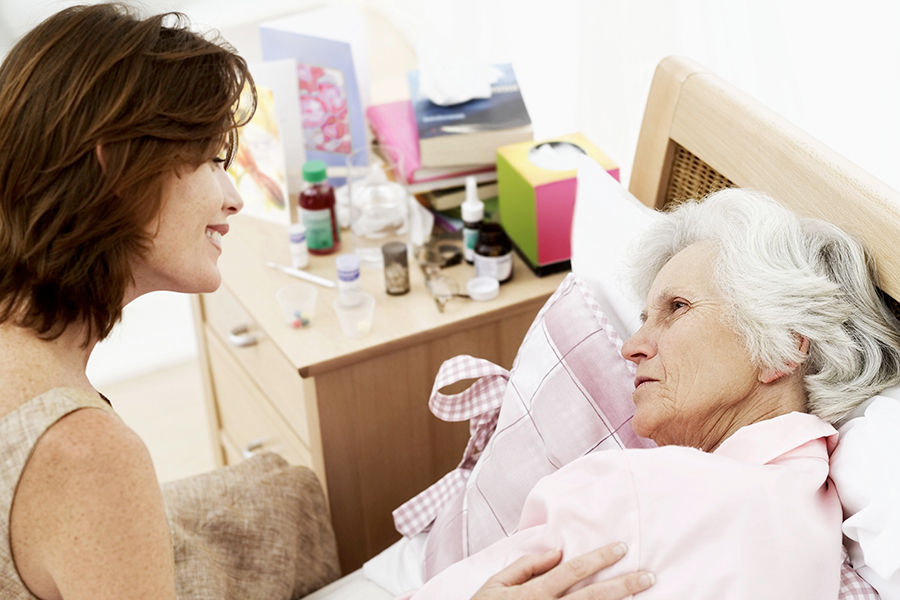



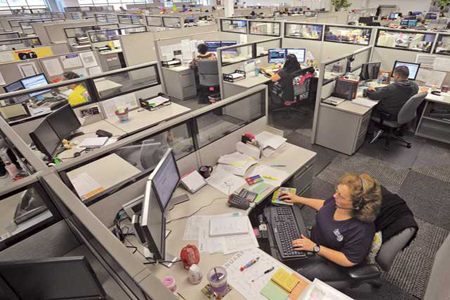


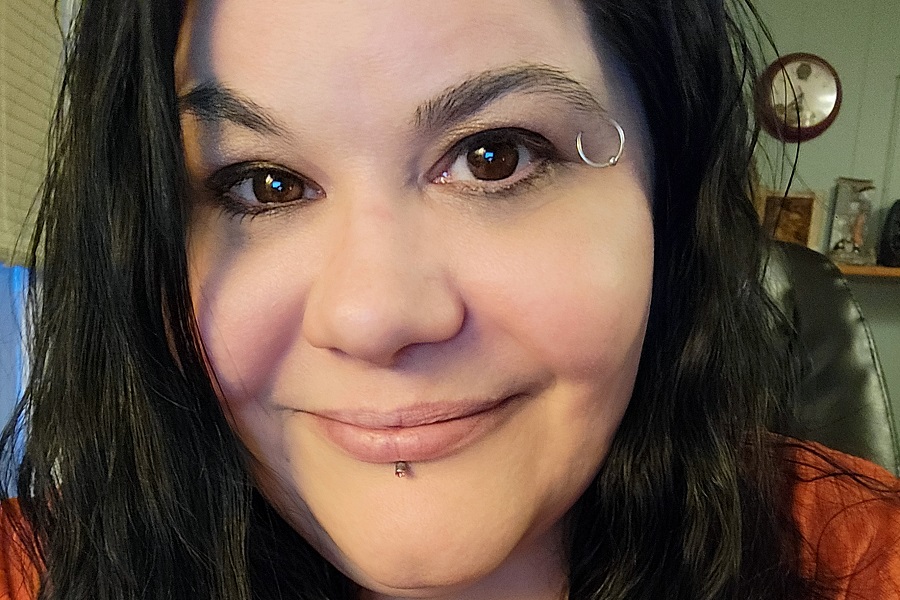
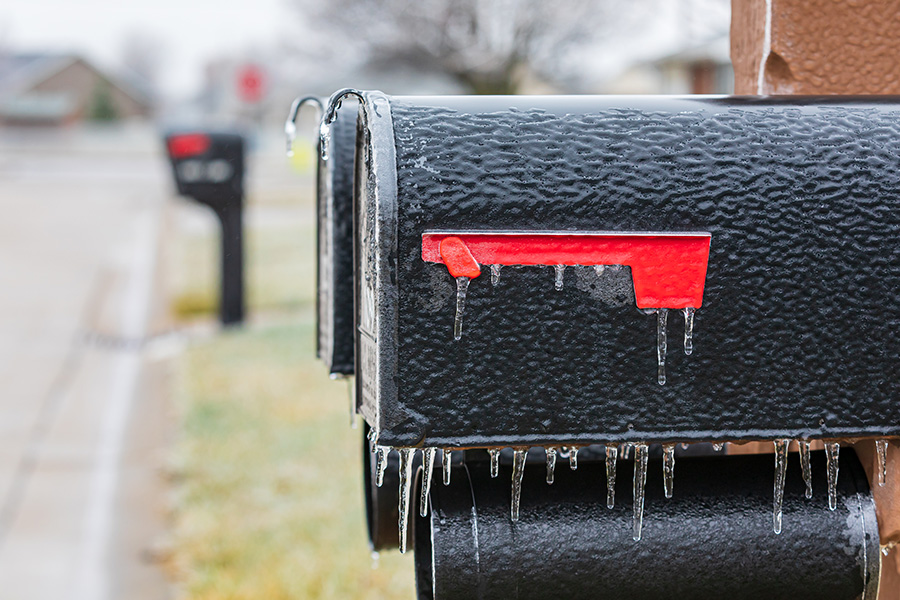
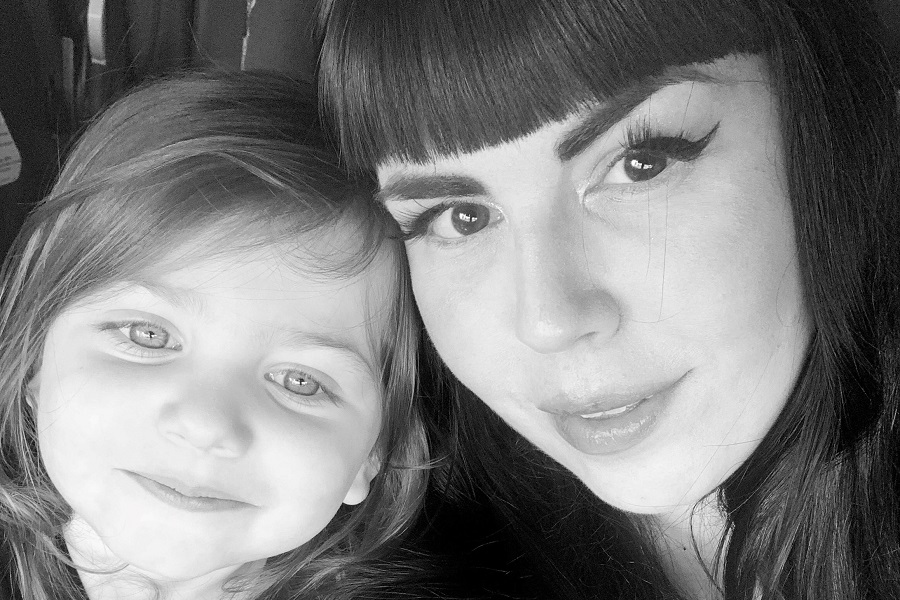
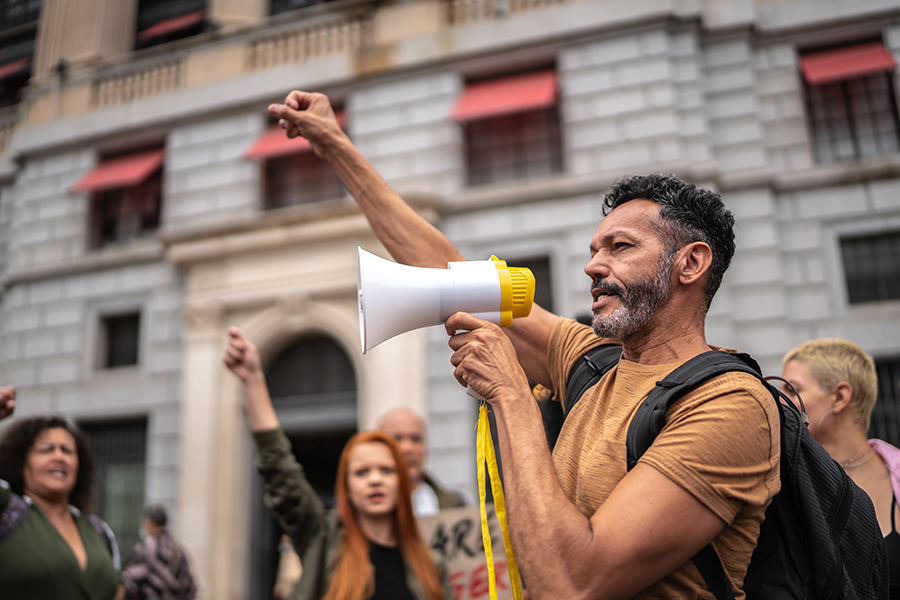
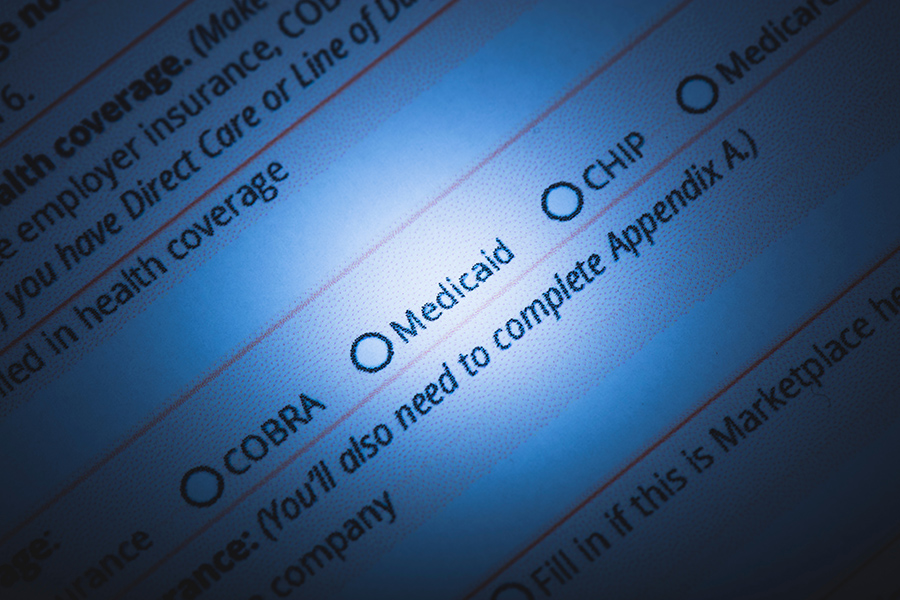

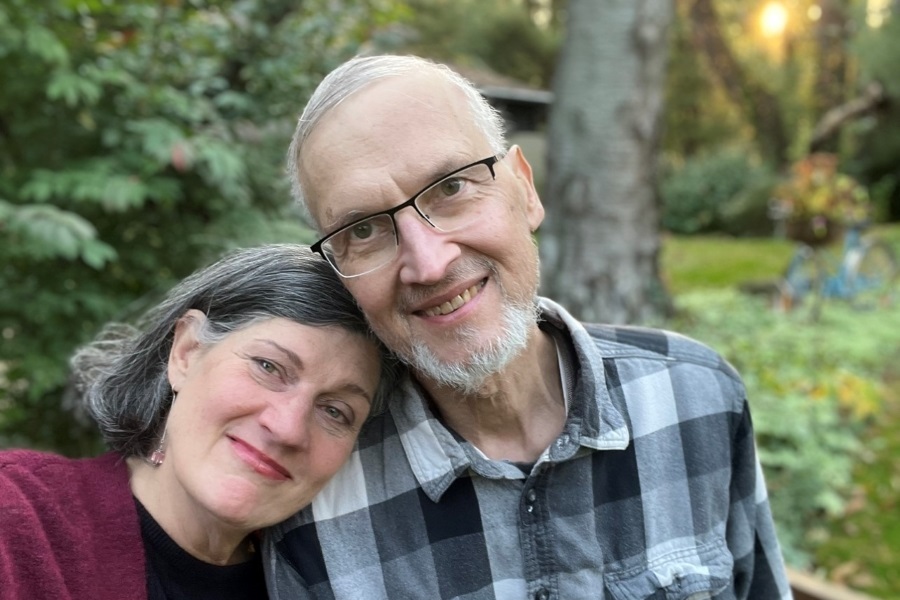
I really appreciated the piece on intestinal blockage. I often think and wonder about this possibility. The article helped me become not only relieved but also more conscious of what I eat. Thank you so much!
I find after having the odd bowel blockage with my ileostomy, the week after my tummy feels very busied and really very painful to touch or lay on the side at night. It takes around a week or more for that to pass I find thay just as painful as the blockage it’s self. I guess with me having RA as well my CRP gets high and even higher with a blockage and just after as well..I have had my CRP as high as 300, you can imagine the pain.
I agree with Michelle. I keep getting what surgeon said are “mechanical blockages” and its not fun putting my family through it all. While sometimes having doctors be clueless at times also or not understanding sometimes we need pain medicine even if it might slightly constipated because blockages are some of the most painful things I’ve experienced in my entire life and its mainly due to all the cramping. I am a man so I can’t vouch but I”d imagine this is what it feels like to have menstrual cramps as a female.
my 15 year old son….born with congenital anomalies…spina bifida….is experiencing a very painful stoma blockade …..after all the laxatives he can hardly pass it out….
could it be the narrowing of stoma?…or is it malrotation of guts?…..in either case is there any non surgical treatment possible?
I have had many intestinal blockages and I’ve also given birth to 5 children.Let me say that my blockages have been like giving birth,but with no medication.The pain is so bad that the thought of sitting in an emergency room for a long period of time is unbearable.My blockages have lasted 3-4 days at a time.I did not know that the E.R. would help.Ive suffered many times until it passed.I think it is worse than childbirth.Thanks to all for your input.Its good to know I am not alone with this.
I to have had many blockages, my doctor gave me a prescription for morphine which helps with the pain, this way I can manage blockage at home.
Excellent article. Well written?,visual. Many thanks.
I have a blockage but have been to afriad to go to hospital as I feel I’m wasting there time as waiting for mri to see if it’s a hernia under the stoma but the cramps have me in tears. The thought of a waiting room on a chair with cramps is a no. But dont feel I should call ambulance either. So I lay on my bed waiting for it to pass with alot of laxatives and had 2 kids. It’s just like having contractions. My back hurts so much as well I dont know why !!!